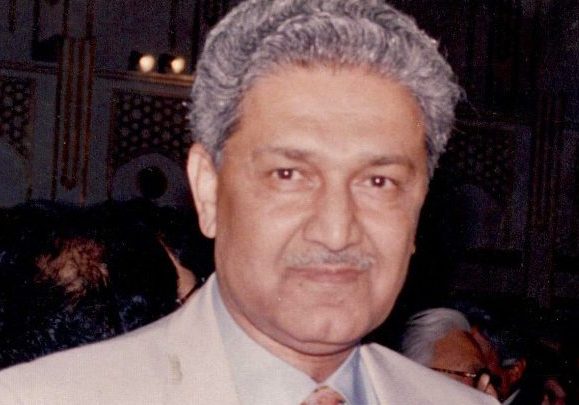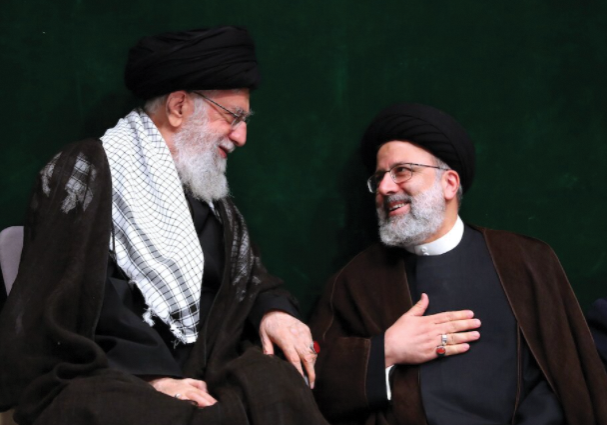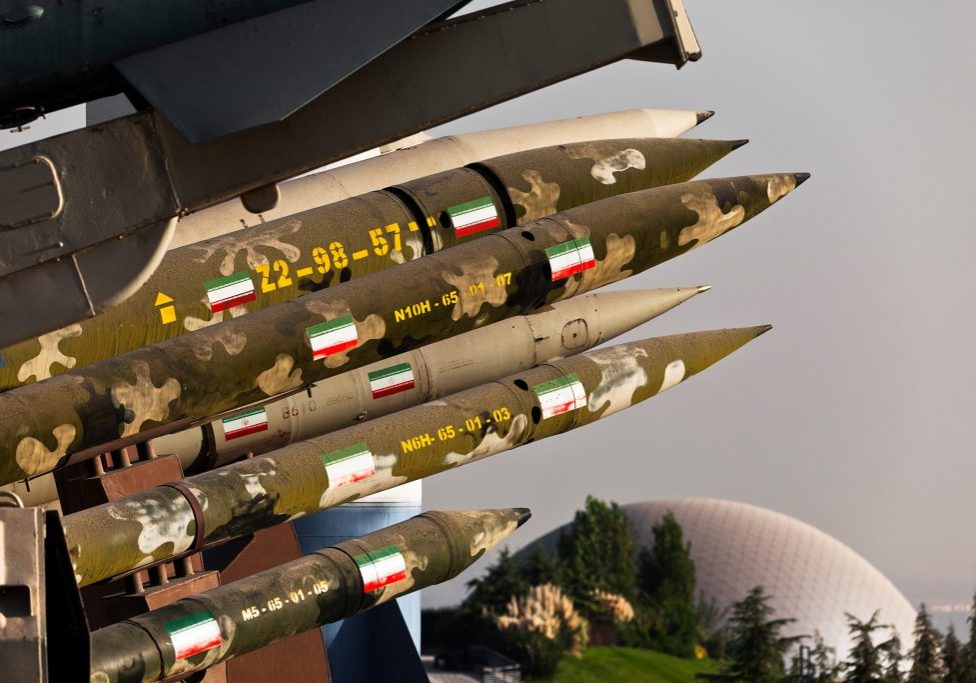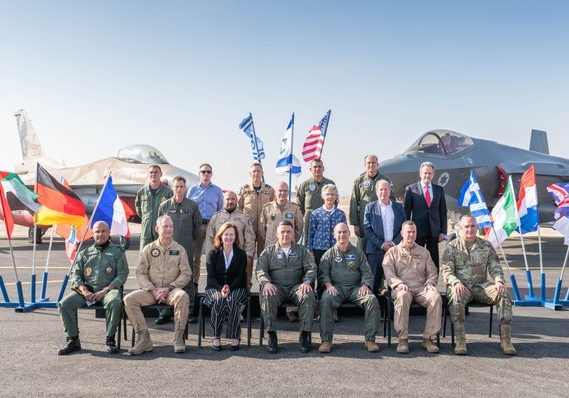Australia/Israel Review
Scribblings: Inventing International Law
Mar 31, 2009 | Tzvi Fleischer
By Tzvi Fleischer
Inventing International Law
As I have previously written, much contemporary political discussion about international law and human rights, especially regarding the Middle East, has very little to do with either concept as traditionally understood. Many such references are simply “lawfare” – attempts to use legal concepts, often stretched out of all proportions, to score political points.
A classic example has just come from UN Human Rights Council Rapporteur Richard Falk, an extremist who has previously endorsed 9/11 conspiracy theories and repeatedly compared Israelis with Nazis (which, sadly, is why he was hired by the dictatorship-dominated and Israel-obsessed Human Rights Council). He has published a report claiming that without even investigating Gaza, there is a strong prima facie case that Israel’s attack there was necessarily criminal. Firstly, he points out, accurately, that the Geneva Conventions required warring forces to distinguish between military targets and surrounding civilians. From this, he then announces, “If it is not possible to do so, then launching the attacks is inherently unlawful and would seem to constitute a war crime of the greatest magnitude under international law”. This claim not only has nothing to do with international law, but has implications which are, frankly, insane.
In terms of the legal argument, the Geneva Conventions are not a suicide pact. They do set forth the fundamental ideal that both sides of a conflict should distinguish both their own and enemy combatants from civilians, but are also very clear that when civilian facilities are used for military purposes they become legitimate military targets. For instance, in its discussion of indiscriminate attacks, the first protocol to the Geneva Conventions say that an indiscriminate attack is one which may be expected to cause incidental loss of civilian life, injury to civilians, or damage to civilian objects which would be excessive in relation to the concrete and direct military advantage anticipated. In other words, it clearly allows that some incidental loss of civilian life or property is legal – providing it is not excessive in relation to military advantage. Therefore, Falk’s claim that any attack which cannot distinguish completely between civilian and military targets is “inherently” illegal does not stand the slightest legal scrutiny.
But let’s assume that his “interpretation” of the law of war was implemented. He is essentially saying that any guerrilla, terrorist or militia group which launches attacks from within a civilian population is completely untouchable. Any counter-attack on them is “a war crime of the greatest magnitude” and no right to self-defence applies. In other words, he wants to create the greatest incentive possible for groups to carry out attacks from within civilian populations and ignore the laws of war which specifically forbid this. Every violent group in the world should therefore immediately use hospitals as launch sites, because they will be completely invulnerable there. Is this really what he, and the so-called Human Rights Council, wants to happen? Could there be anything more anti-humanitarian?
But of course, for the sake of hanging a war crime on Israel, any distortion of the law is permissible – no matter what the implications for international human rights – to someone like Falk. (A US State Department spokesman said of Falk in March, “Look, we’ve expressed our concern many times about the special rapporteur’s views on dealing with that question [Israel]…We’ve found the rapporteur’s views to be anything but fair. We find them to be biased.”) Expect more such “lawfare”, at considerable cost to the real development of international law and human rights, for the foreseeable future.
Listen to the Guantanamo Five
Some people continue to insist that al-Qaeda and other Islamist terror groups are really motivated only by concrete grievances which can be addressed and negotiated. They do not have any inherent hatred of the Western way of life and religion, it is often argued, is not important to their real motivations.
People who make these arguments should listen to what the terrorists themselves say about their motivation, such as the statement by five alleged senior al-Qaeda members, including Khaled Sheikh Mohammed, on trial before a military tribunal at Guantanamo Bay. Responding to the charges against them concerning complicity in the 9/11 attacks, they issued in early March a five-page statement proudly justifying their actions. Here are some excerpts, which pretty much speak for themselves:
With regards to these nine accusations that you are putting us on trial for; to us, they are not accusations. To us they are badges of honour, which we carry with pride… killing you and fighting you, destroying you and terrorising you, responding back to your attacks, are all considered to be great legitimate duty in our religion. These actions are our offerings to God…
So, if our act of Jihad and our fighting with you caused fear and terror, then many thanks to God, because it is him that has thrown fear into your hearts, which resulted in your infidelity, paganism, and your statement that God had a son… Our prophet was victorious because of fear… So, our religion is a religion of fear and terror to the enemies of God… With God’s willing, we are terrorists to the bone…
We ask to be near to God, we fight you and destroy you and terrorise you… Your end is very near and your fall will be just as the fall of the towers on the blessed 9/11 day.
Tags: International Security






